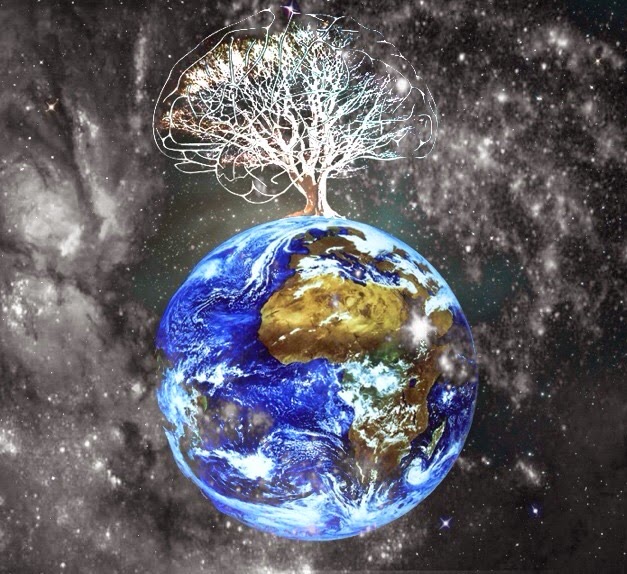| Online: | |
| Visits: | |
| Stories: |

| Story Views | |
| Now: | |
| Last Hour: | |
| Last 24 Hours: | |
| Total: | |
The Origin of Knowledge
Tuesday, February 24, 2015 0:50
% of readers think this story is Fact. Add your two cents.
THIS POST WILL EXPLAIN AND REVEAL THE ORIGIN OF EARTHLY KNOWLEDGE TO THE WORLD.
There are so many origins of knowledge that they are too numerous to count. We take in information and ideas from relics, world history, scripture, the internet, testimonials, our experiences, and many, many other sources. But when does this random information become ‘knowledge’? Since knowledge is unlimited, and shockingly open, where exactly does it come from? What is the origin of all human knowledge?
- PREVIEW -
THE ORIGIN OF KNOWLEDGE
Where does Knowledge come from? The Origin of Human Knowledge will be made known. KNOW. INFORMATION. MIND. COGNITION. UNDERSTANDING. LIFE.
— Supernatural Spirit (@spiritworldblog) February 24, 2015
- PART 1 -
ROOTS OF INFORMATION
(a) Science
(b) Experience
(c) Testimony
You Know This:
There are two kinds of knowledge’s in the world.
And This:
Knowledge seems to be unlimited, has no preference, and is open to everything.
Does all knowledge come from human experience?
It is said that “All knowledge comes from experience”. If that is true, can it be argued that we can only know those things that we experiece? If so, can it be argued that our experience limit what we can know? If so, since we don’t share all our experiences in common, it follows–does it–that we might not know things that others know since we have not had that experience? Or, to put it in the words of Christ, “Unless you be born again, you cannot enter the kingdom of heaven”.
Knowledge comes from your application of your collective learning whether it be by books or teachings or experiences. It is how you use your “learning”, i.e., how it is applied to situations.
The first problem encountered in epistemology is that of defining knowledge. Much of the time, philosophers use the tripartite theory of knowledge, which analyses knowledge as justified true belief, as a working model. The tripartite theory has, however, been refuted: Gettier cases show that some justified true beliefs do not constitute knowledge. Rival analyses of knowledge have been proposed, but there is as yet no consensus on what knowledge is. This fundamental question of epistemology remains unsolved.
Though philosophers are unable to provide a generally accepted analysis of knowledge, we all understand roughly what we are talking about when we use words such as “knowledge”. Thankfully, this means that it is possible to get on with epistemology, leaving unsolved the fundamental question as to what knowledge is.
PREVIEW ACCESS: The Origin of Knowledge
FULL ACCESS: The Origin of Knowledge




